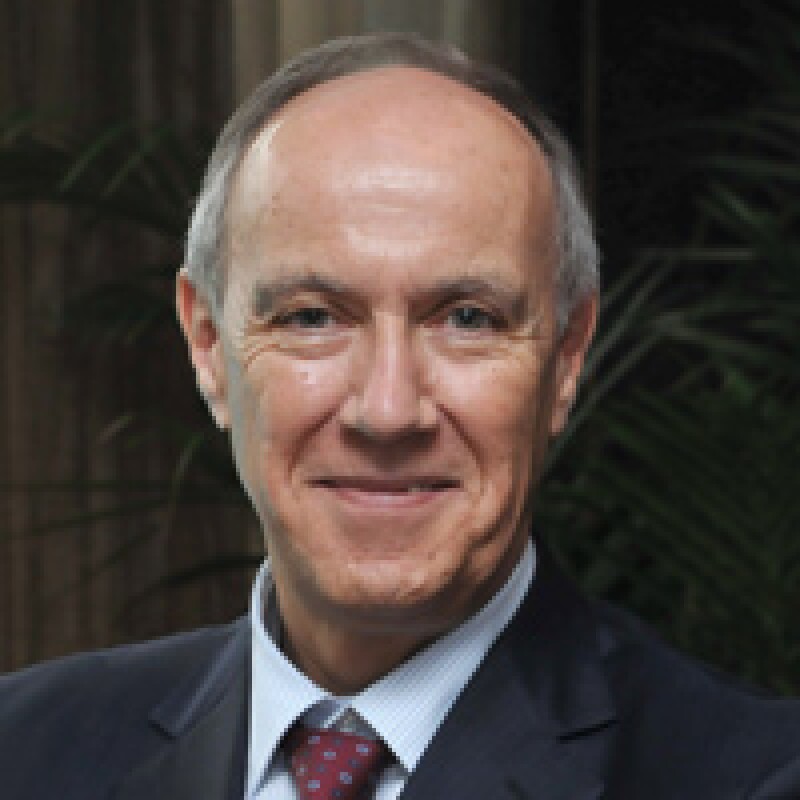
The director general of WIPO says that questions of liability for artificial intelligence should be linked to IP ownership as technological developments begin to change established laws.
Francis Gurry suggests in an interview with Managing IP that the onus could fall on creators and IP owners in situations where the traditional liable party is no longer part of the equation.
Pointing to driverless cars as a hypothetical example, Gurry says international conventions would usually point to liability in the event of an accident resting with the driver.
“Remove the driver, and who is responsible?” Gurry asks. “It’s a complex question and depends on what went wrong. The person who created the AI and put it into operation has the responsibility, I think.”
Gurry spoke to Managing IP yesterday during the AI: Decoding IP conference in London.
He also says he does not see why traditional IP rights should be attributed to non-human entities, adding that liability and property rights should be connected in a future world.
“It is right that there should always be a human at the end of it,” he says. “Look at automated cars or drones, if you have a machine or algorithm organised in certain way and you attribute the rights resulting from that to a machine, what do you do if the drone or vehicle crashes into a primary school?
“Liability is connected with property rights.”
He adds that he does not see much appetite to attribute rights to machines from an innovation standpoint either: “Why do we attribute rights? One is the moral reason of giving just reward for someone who has created something. But the main reasons are economic, because we want to encourage others to develop innovation.”
The full interview, in which Gurry talks more about how to determine property rights in the AI world, how technology has improved patent and trademark filing systems, and how the use of data can be linked to IP, will be published on Managing IP next week.











